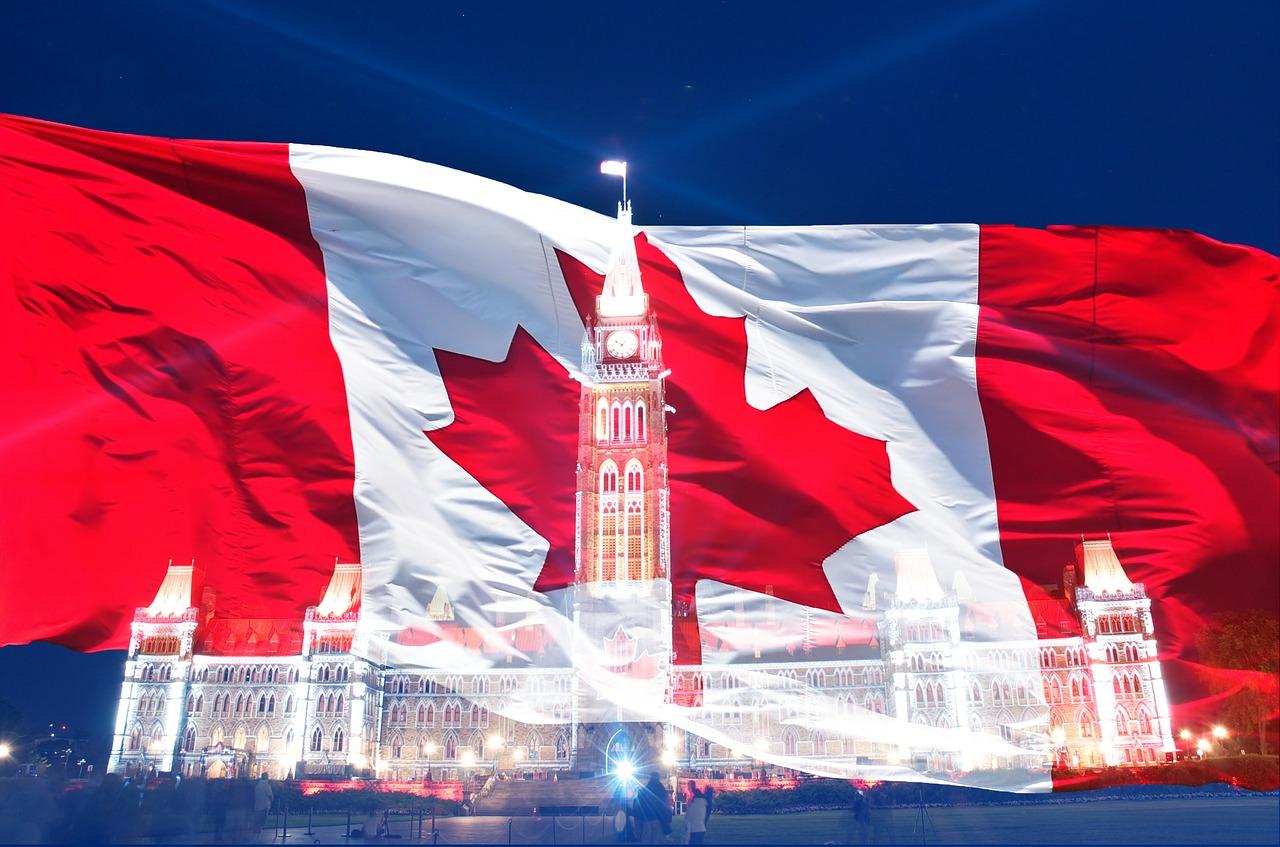
Preparing to move to Canada: Everything you need to know
Over the last few decades, Canada has established a reputation as one of the world’s most welcoming countries when it comes to immigration. In the coming years, it is looking to allow 500,000 new immigrants into the country each year to support humanitarian needs, reunite families and boost the economy.
If you’re thinking about making the move, this article covers everything you need to know, from immigration pathways to the best places to live. While preparing to establish yourself in the country, you can find both short and long-term rentals online at the Rentola Company. It showcases properties to rent in towns and cities across Canada and helps new migrants connect with potential landlords. But before you sign a tenancy agreement, here are a few things to keep in mind.
Immigration pathways
Canada offers several immigration pathways that are suitable for different people. If you are a skilled worker in an area of need, you may be eligible to apply through the Federal Skilled Worker or Federal Skilled Trades programs.
Another option is to meet the eligibility requirements of the Provincial Nominee Program, which sees Canadian provinces nominate candidates from various target groups. Both Quebec and Atlantic Canada have specific immigration programs for those wanting to move to Quebec, New Brunswick, Nova Scotia and Prince Edward Island, as well as Newfoundland and Labrador.
For those who are self-employed and can prove that their skills will make a significant contribution to Canada, you may be eligible for a Self-Employment Visa. In a similar vein is the Start-Up Visa, which is designed for people who have business ideas that will benefit Canada.
To apply for any of the above visas, head to Canada’s immigration website where you will be asked a few questions to determine your eligibility. Based on your responses, you will receive a list of required documents to be submitted for the specific visa type and instructions on how to proceed.
It’s important to keep in mind that it may be several months before a response is issued on whether your permanent residency has been approved.
Living costs in Canada
Before you take the plunge and move to Canada, it’s important to consider whether you can afford to live there. The biggest expense most people face is housing, with rents ranging from around $1000 per month for a one-bedroom flat in Montreal to $4500 for a three-bedroom house in Vancouver.
General living expenses work out to roughly $1000 a month for an individual (without rent) or $3700 for a family of four. This covers things like groceries, transport and electricity/water rates, plus a phone/internet plan. Based on these figures, do some calculations to determine whether you can comfortably get by on the salary you make if you were to move to Canada.
It’s recommended that a single person has at least $13,000 in savings before moving to Canada, particularly if you have yet to secure a job. This is to cover the expense of getting established in your new home (including rent down payments and bonds), as well as ensure you have enough money to live on if it takes a while to find employment.
Best places to live in Canada
When deciding where to live in Canada, it’s important to remember that it is a big country and you can’t simply drive from one city to the next on a whim. Most importantly, select a town or city that meets your lifestyle choices and needs, whether that’s job opportunities, affordability or access to hobbies and pursuits you love.
Toronto is a popular choice for those who want to be in the heart of all the action, with great restaurants, bars and plenty of “buzz”. It’s also one of the best options when it comes to job opportunities, with the city being a major hub for a lot of businesses.
Montreal is a little more laid back and is ideal if you are all about the foodie culture. It has incredible places to eat and gorgeous architecture, much of which is inspired by its French heritage. Both French and English are spoken in the city, so it is accommodating to everyone.
Nestled between coastal mountains and the Pacific Ocean, Vancouver is one of Canada’s most beautiful cities. It’s a wonderful place to live if you want to be close to a range of outdoor pursuits, as well as urban treasures that include art galleries, museums and theatres. The downside of moving here is the cost of living, with Vancouver boasting Canada’s most expensive real estate market.
Aside from these big cities, you might want to consider somewhere smaller, such as Edmonton in Alberta or Burlington in Ontario. Quebec City is perfect for French-speaking history buffs while those seeking a rural escape should check out Boucherville. If you’re all about affordable living, then Halifax in Nova Scotia has been dubbed the “least expensive city in Canada”.
Important things to know when moving to Canada
On arrival in Canada, it’s a good idea to open a bank account as soon as possible so that you can make local payments without incurring international transaction fees. Most banks offer services for new arrivals in multiple languages and will help you navigate the process. To open a bank account, you must have a photo ID, such as your permanent resident card.
Also, keep in mind that Canadian residents pay taxes and you must file an income tax return each year with the Canada Revenue Agency. Taxes are used to fund government programs, health care and other public services, such as the education system. Penalties may be incurred if you fail to file an income tax return by the date required (usually April 30 each year).
As a permanent resident, you are entitled to access Canada’s free healthcare system, although it can take up to three months after arrival until you are eligible. If you don’t want to pay out of pocket during this period, it’s worth purchasing private healthcare, just until you receive notification that you are covered by the provincial or territorial health insurance system.








